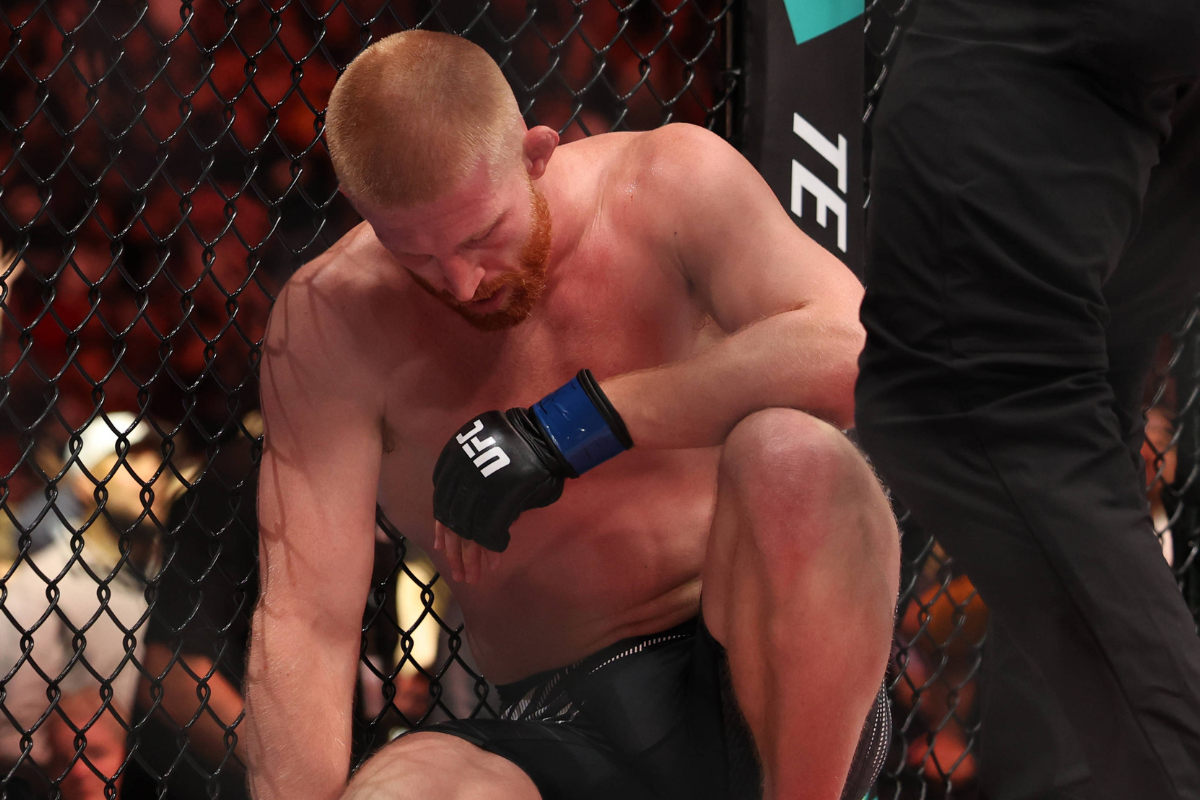
Imago
Credits: IMAGO

Imago
Credits: IMAGO
The UFC’s compensation structure, while offering lucrative opportunities for a select few, remains a source of discontent for many fighters. According to reports, the average UFC fighter earns a base salary of around $12,000 per fight, with a win potentially doubling it. But once training costs, coaching fees, medical bills, and travel expenses are deducted, most lower-card fighters walk away with marginal gains. This financial strain has led numerous athletes to consider alternative career paths, including coaching, where income may be modest but stable.
Watch What’s Trending Now!
Critics often compare UFC’s pay structure with that of major American sports leagues. While NFL, NBA, and MLB athletes receive approximately 48–50% of league revenue, fighters in the UFC are estimated to earn just 16–20%. Even in 2020, when the UFC reportedly generated over $900 million, fighters only saw a collective payout of roughly $200 million.
ADVERTISEMENT
The discussions all resurfaced when popular MMA analyst Dovy posted, “When Jon Jones is stripped, USA won’t have anymore champions.” That lone statement triggered a wave of responses, none more biting than wrestling commentator David Taymedov’s reply quoting the tweet: “UFC pay is so bad the pipeline of folkstyle wrestlers decided coaching/working sales is better than chasing a belt.” Soon after, journalist Joe Kania chimed in, quoting this tweet with hard numbers: “0.14% of MMA fighters make it to the UFC. The median annual salary for UFC fighters is $51k. The average career is 2 years. You make more money and don’t get punched in the face teaching HS English.”
When Jon Jones is stripped, USA won’t have anymore champions pic.twitter.com/m5vHnEgt1j
— Dovy🔌 (@DovySimuMMA) May 22, 2025
ADVERTISEMENT
Taymedov and Kania weren’t just critiquing fighter pay. They were spotlighting a systemic shift where financial insecurity, short career spans, and harsh industry realities are pushing wrestlers to opt for coaching over the high-risk pursuit of UFC stardom. The thread then turned into a broader debate about the dwindling number of U.S. champions in the UFC and why the once-reliable wrestling-to-MMA pipeline is drying up.
ADVERTISEMENT
Growing awareness among fans about UFC wrestlers’ struggles
One fan confessed, “I might’ve been a champion, but the pay just wasn’t worth it for me.” Another chimed in, “Seriously a problem.” And with some, the tone grew more sobering with a pointed observation: “Kids are spending 6-7 years in college now while MMA fighters are getting 6-7 years of experience in MMA.” These comments underscore a growing awareness that the professional window for success in the UFC is both narrow and brutal.
Adding to the discourse, one user questioned how coaching stacks up financially against a UFC career: “It will be interesting to see what the pay is for and how it will compare to UFC.” David Taymedov kept it succinct with a telling response: “Apples to oranges.” The implication was clear. Coaching may lack glitz, but it offers a degree of predictability that fighting simply can’t.
ADVERTISEMENT
Journalist Joe Kania also doubled down on his point. He wrote, “You’ll make less money wrestling. But this level wrestler is almost always going to coach.” And to further drive home the contrast, he highlighted economic realities abroad in another comment: “The average annual salary in Dagestan is $6k,” he replied to one user, subtly pointing out how even modest UFC pay might be viable in other regions, but not for debt-laden Americans.
Yet amid the chorus of caution, one name keeps emerging as an exception: Bo Nickal. The blue-chip wrestler bet on MMA and for a time, it seemed to pay off until it didn’t. After his first professional loss, online critics hurled insults at him. Thus exposing the flip side of the hype. “Yes. It was about 2015 when US wrestlers figured out MMA was a crappy way to make a living long term and stopped joining the sport in large numbers,” one user concluded, summing up the shift.
ADVERTISEMENT
Nickal’s story—equal parts ambition and backlash—stands as both a warning and a window into the unique pressures of MMA. For most American wrestlers today, it’s no longer about chasing belts. It’s more about building lives that last longer than two years in the cage.
ADVERTISEMENT
ADVERTISEMENT
ADVERTISEMENT